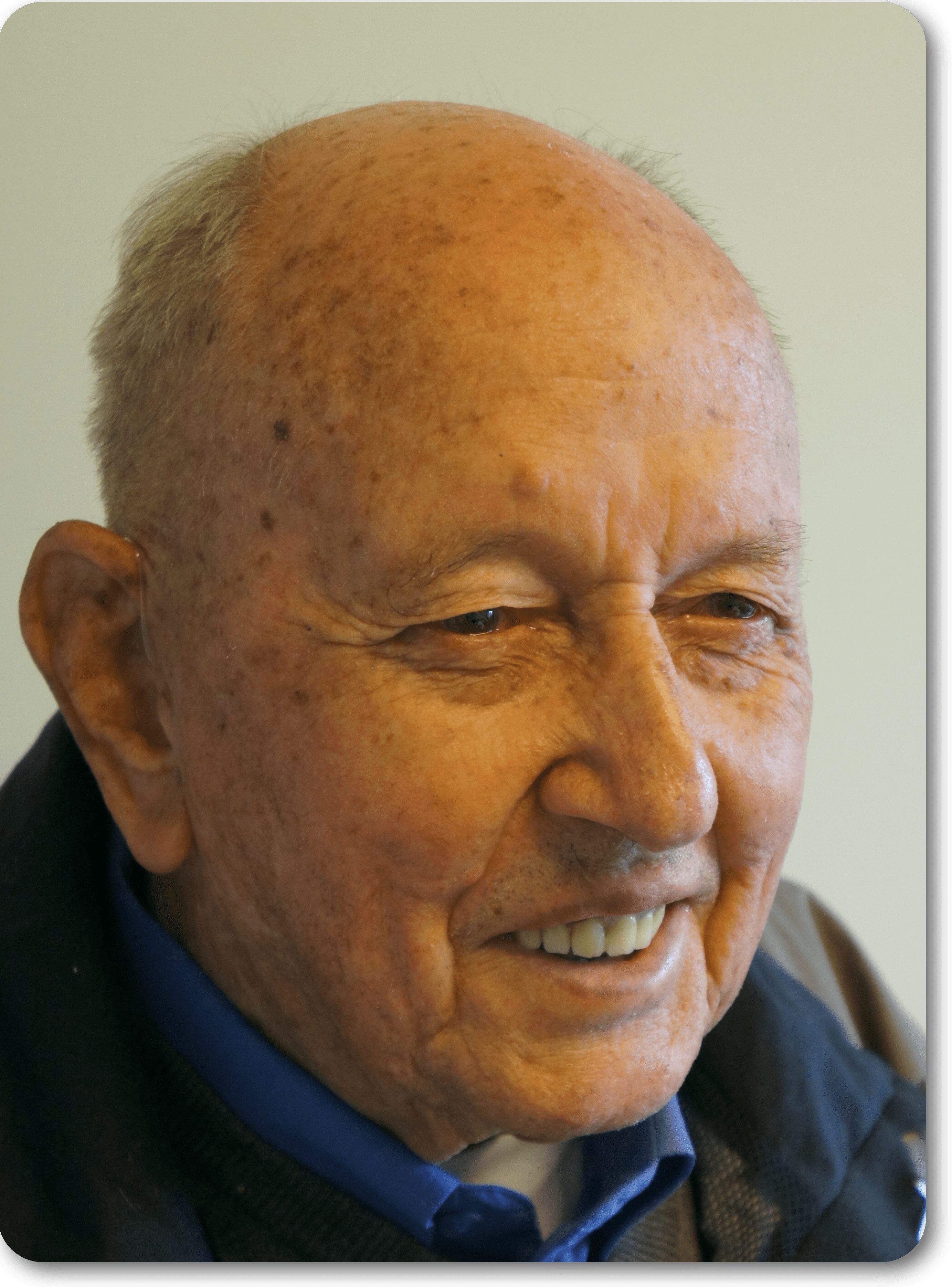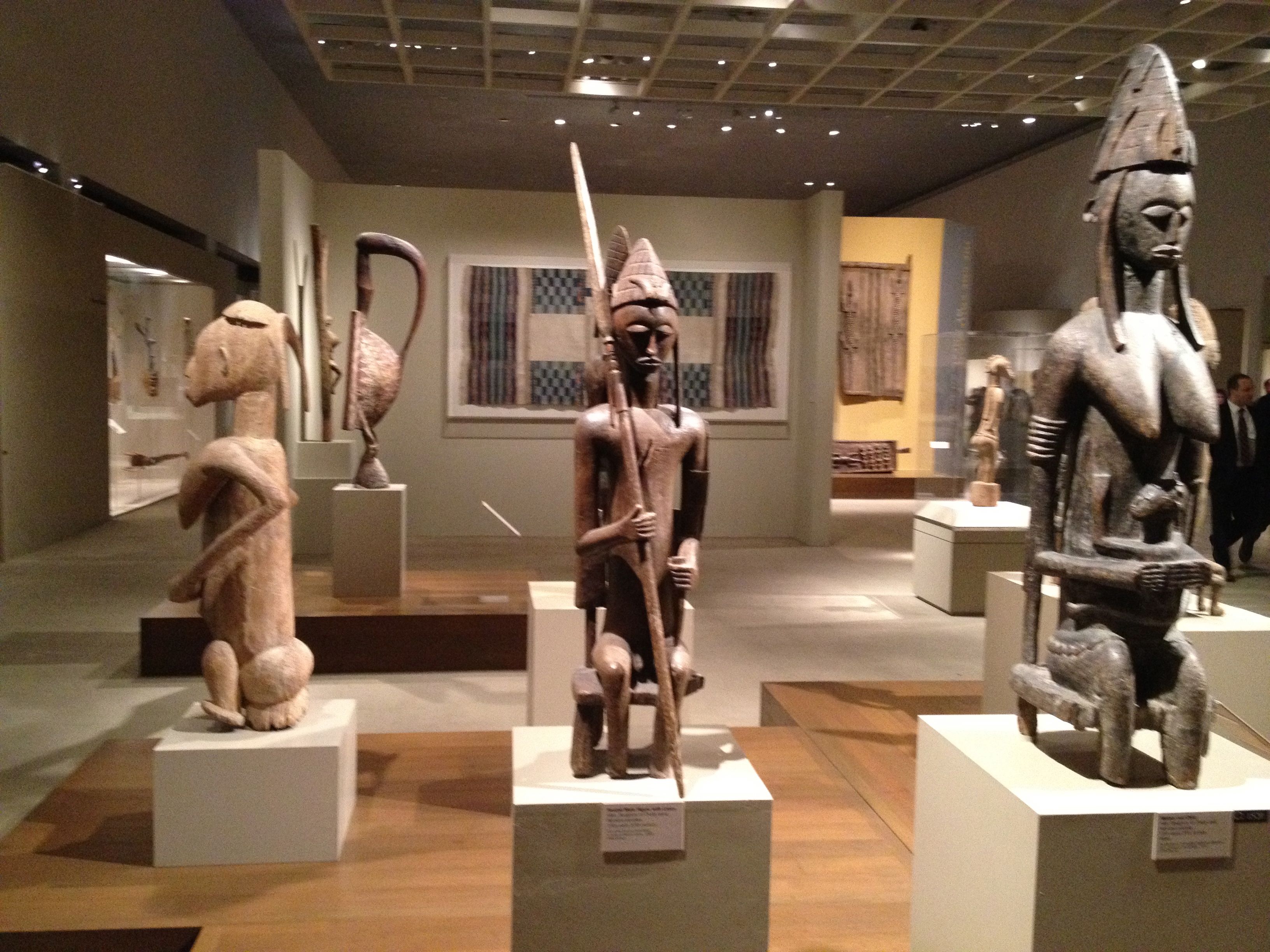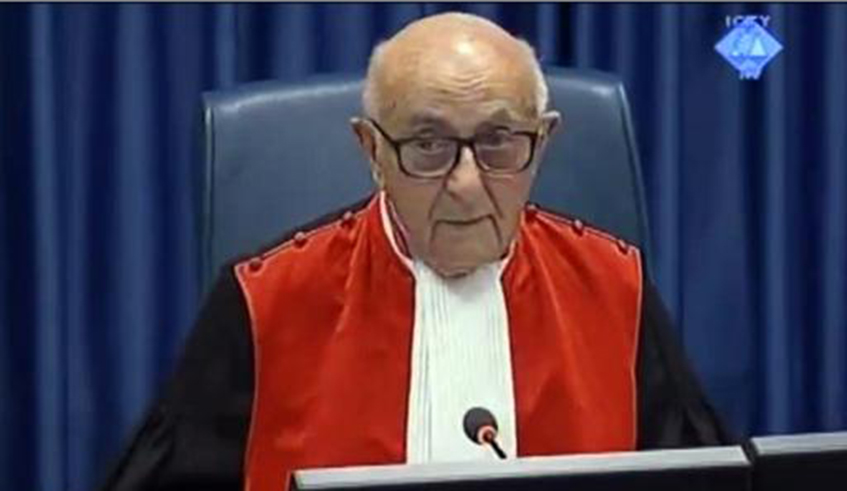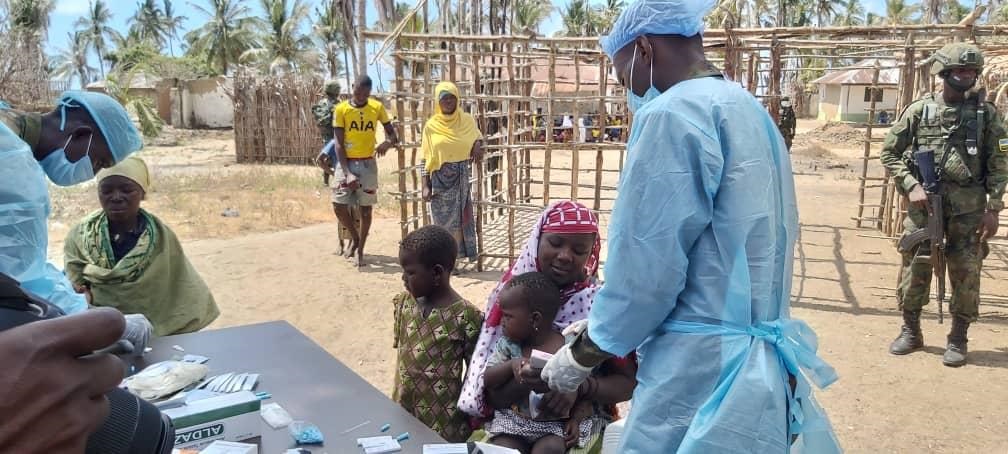International
In memoriam of Father Stanislas de Jamblinne

On
November 12, Father Stanislas de Jamblinne, a Belgian national, passed away at
the age of 99. He has been hailed as a hero by many Rwandans who knew him
throughout the 74 years he served as a priest in different parts of the country
since his arrival in the country.
People
especially remember him for risking his life in protecting thousands of Tutsi
refugees at Cyanika Parish, in the former Gikongoro Prefecture, in the present
day Nyamagabe District, during the 1959 state-orchestrated massacres of the
Tutsi. At the time, mass-killings of Tutsi by Hutu mobs were taking place under
the supervision of militants of the MDR (Mouvement Démocratique Républicain)
Parmehutu. These killings had the blessings of then Belgian tutorial power that
colluded with the MDR leaders to massacre the Tutsi and destroy their property.
Most
members of the white clergy aligned with the killers, but Father de Jamblinne
did not spare any effort to rescue and protect thousands of persecuted Tutsi in
his parish. He helped these refugees to flee to neighbouring countries like
Burundi, and former Zaire, now DRC.
It
is reported that ahead of the massacres of thousands of Tutsi who had sought
shelter at Cyanika Parish in 1963, de Jamblinne wrote a letter to the then
Prefet of the area, André Nkeramugaba, and copied it to the president of the
republic, and the Bishop of Butare Diocese, warning them they could be held
accountable for the impending massacres of thousands of innocent women and
children who fled to the parish.
Nkeramugaba
was the ringleader in the massacres of Tutsi in Gikongoro which claimed
hundreds of thousands of victims and forced thousands more to flee to
neighbouring countries. It is believed that more than 200,000 Tutsi perished in
Gikongoro alone during the 1963 pogroms.
Jean
Damascene Bizimana, Minister of National Unity and Reconciliation, who is from
Cyanika Parish and knew Father de Jamblinne wrote that it is difficult to talk
about this priest. Only people he saved from the hands of the killers in 1963
and 1973 could attest that he was a special man of God.
The
Minister noted: “In 1963, Father de Jamblinne helped the Tutsi in saving them
from the killers. At night, he patrolled the area looking for where the Tutsi
were hiding, went into their houses and brought them to the parish. As he
looked for the Tutsi and sheltering them, he tried to advise the killers to
stop this evil plan. Once he refused to give a holy communion to Prefet
Nkeramugaba in the church telling him that he doesn’t deserve to receive the
body of Christ if he continues to massacre for no reason God’s creatures.”
During
the massacres, a colleague of Father de Jamblinne joined the killing spree with
other mass-murderers while de Jamblinne was treating the casualties, mainly
widows and orphans. In 1973, Father de Jamblinne continued to protect Tutsi
students, fearing that the Hutu would kill them like in 1959-1963, and drove
them at night clandestinely to the border of Burundi and gave some assistance
and blessings.
Father de Jamblinne contributed to the development of Bufundu (former region of
southern Gikongoro Prefecture), by electing roads and bridges on Mwogo, Kaviri,
and Rukarara rivers and helped resettle the displaced by building new homes.
Father de Jamblinne also taught locals various trades like carpentry, masonry,
and driving. He helped to build health centres and schools. Father Stanislas de
Jamblinne was born in Brussels, Belgium in 1922. He was ordained priest in 1943
and became a missionary in 1947 and subsequently sent to Rwanda.
He
served as a priest in various parts of Rwanda, including Nyagahanga and Rushaki
in Byumba, Rwaza and Runaba in Ruhengeri Diocese, Rusumo in Kibungo Diocese,
Cyanika and Kaduha in Butare Diocese. Though Father de Jamblinne has passed on,
many Rwandans will continue to celebrate him as a hero, a man of integrity,
compassion, and love. While a large number of his peers acted in a very
despicable manner and sided with killers, he stood against them and saved many
lives.






